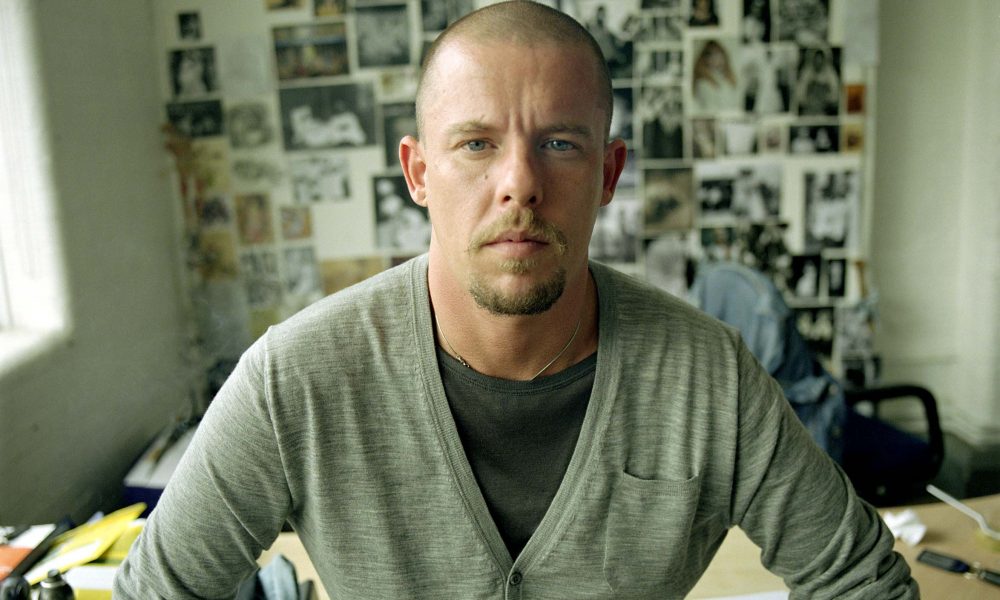After his lecture on February 4, in which he talked about the roads to happiness, truth, and life’s big questions, The Stony Brook Press caught up with Rainn Wilson to talk about his pet zonkey named Derrick, the Baha’i faith and his latest (and arguably greatest) project, SoulPancake. SoulPancake is a multimedia movement to promote discussions of “big think” topics such as religion, art and philosophy. One simple piece of advice summed up the tone of his talk: “We’re always in the past, and we’re always in the future, but we’re never in the present moment.” He advised that the real rebellion of our time is “against the cultural materialistic, nihilistic standard, having hope and uplifting people.”
SBP: I have literally one Office-related question, and that is: were Dwight’s glasses prescription, or were they fake?
RW: (laughs) You know, I wear a prescription. I had the Dwight prescription glasses but for some reason, it screwed me up wearing them on the show, and I was getting like headaches and I didn’t understand it so I had them put plain glass in. It makes no sense at all but I just didn’t like it.
SBP: With a lot of your work with SoulPancake, it has to do with kids getting not just involved and being taught really important ideas, but getting their voices out on really big issues like life, death, and emotions. How important is that to you personally, and with what you want to create with SoulPancake?
RW: Well I think SoulPancake was always designed for young people, so sometimes it’s kids, sometimes it’s teens in high school, sometimes it’s college kids or people in their early twenties. I’m pretty old so those are all very young to me. But I think that young people are the ones that need to learn about making the world a better place and to kind of catch that fire, and they’re the most impressionable and you can, you know…if I had given this talk tonight to a room full of 45-year-olds, everyone would have had their opinions set, they know what they believe, have it all figured out. Bunch of know-it-alls. But young people are still searching and their minds are open, and they can be nudged in the right direction, especially when it comes to being of service to others and a life devoted to asking questions.
Statesman: One of the people that you actually had on Metaphysical Milkshake was Joseph Gordon-Levitt, and now he recently came out with his show, HitRecord, which is such a very unconventional show, how would you like–
SBP: Because it’s a collaboration between different, not just artists, but everybody who wants to contribute to it. When we were talking about it before, and obviously you kind of answered it with the Kid President Show, if you see anything from SoulPancake moving towards that more traditional way to get to people?
RW: We love the HitRecord show, I love his website, love what he’s been doing from the beginning. That’s why I wanted him on the show. Obviously love his acting, he’s an incredible actor, we were in a movie together called Hescher, that’s how we got to know each other. We’re open to doing all kinds of different content, it can just be silly, we did a documentary on depression and suicide for MTV, we did a music awards for VH1, we did a special on life’s big questions with Opera and OWN, so we’ve got stuff that’s all over the map. We’re open to doing reality shows, but we’re a media company with a mission and we’d love to do television that reflects that mission. It’s hard to do, because people just kind of a want big dumb reality entertainment that gets eyeballs and we want to do something a little more challenging, so it’s tricky but we’ll keep trying.
SBP: How do you see the show coming out with Kid President meeting those goals?
RW: Well, that’s what Kid President is. Kid President and his collaborator, this guy Brad, who is his brother-in-law, they’re committed to making the world a better place and making the world more awesome in really specific, fun, irreverent ways. So we want to support that reaching a broader audience.
SBP: You, when you were talking about your journey to discover your own truth, you talked about reading the different traditional pieces for each faith; the Bible, the Bhagavad Gita. What would you recommend for younger people now who are trying to go on that same discovery, because reading those texts seems really overwhelming when you think about it at first. What would you recommend them to do?
RW: That’s a really good question. Wow. I don’t know. I need to write that book, don’t I?
SBP: Yes.
RW: I need to write that book on spiritual journey for young people, that’s what I’m going to do. I’m going to write a book on spiritual journeys for young people and have some of that information in there, so thank you, you’ve inspired me.
SBP: One of the most powerful series in SoulPancake for me personally was the My Last Days series, especially when I first discovered it was with Juli, a mother who had cancer whose sons are BMX riders. These people seem so regular but so profound; how did you find them?
RW: You know, we put ads out on Facebook pages and sent out emails, and put ads around in various places, and the producers found these people and once the show started getting up and running, people were writing in to us saying hey, my brother’s dying, my mom’s dying, or she’s got a great story and here’s our situation. They do phone interviews and Skype and get to know them and see, just like reality show producers do, trying to determine who’s got the best story to tell.
SBP: The Baha’i faith, which actually the incidental population that you mentioned, five million is the population of Finland, how did your parents come across that and how did it become such an influence in their life?
RW: That’s something I often talk about when I give this particular kind of talk. In the sixties and seventies, people were very open to exploration of alternative spiritualities. When the hippy days came, and post-hippy days, people were on spiritual quests, people were actively spiritually searching. The Beatles went to India and meditated with the Maharishi, Cat Stevens became a Muslim. There were all of the people searching, what is life about? I know it’s not necessarily the church I grew up in, but spirituality was in the groundwater, meditation, there were a lot of terrible things happening too at the same time but there was that search and that quest and a lot of people in the United States became Baha’is during those years, especially between like ‘66 and ‘74, right in that area. So that’s when they became Baha’is.


